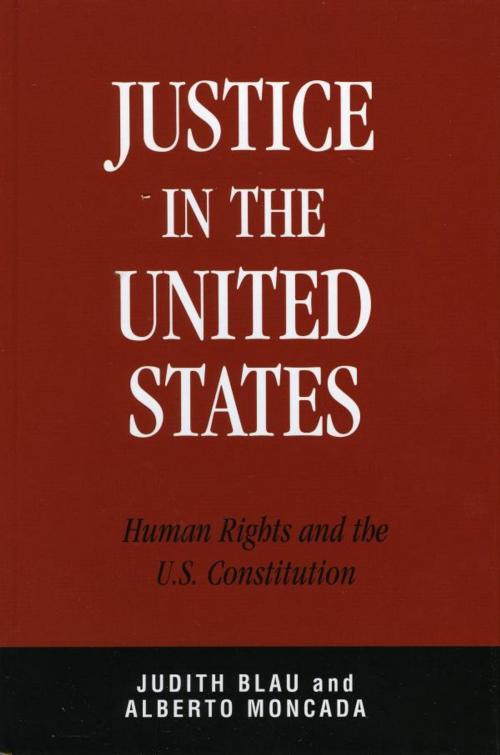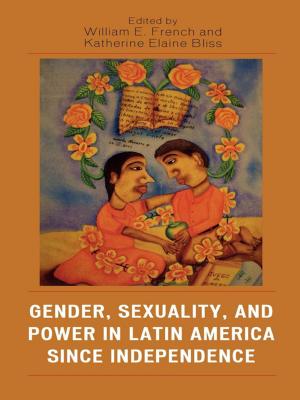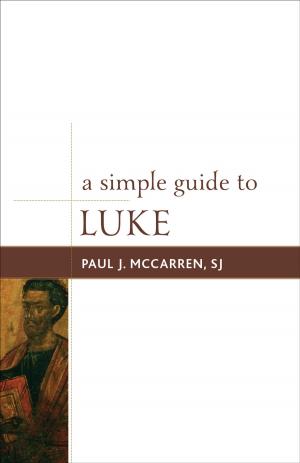Justice in the United States
Human Rights and the Constitution
Nonfiction, Social & Cultural Studies, Political Science| Author: | Judith Blau, Alberto Moncada | ISBN: | 9781461638070 |
| Publisher: | Rowman & Littlefield Publishers | Publication: | March 3, 2006 |
| Imprint: | Rowman & Littlefield Publishers | Language: | English |
| Author: | Judith Blau, Alberto Moncada |
| ISBN: | 9781461638070 |
| Publisher: | Rowman & Littlefield Publishers |
| Publication: | March 3, 2006 |
| Imprint: | Rowman & Littlefield Publishers |
| Language: | English |
Justice in the U.S. is a sequel to Human Rights: Beyond the Liberal Vision, and the second in a trilogy on human rights. The Bill of Rights of the U.S. Constitution explicitly clarifies the personal political and civil rights of persons, and by court interpretation, the rights of corporations. Yet in the twentieth century, following World War II, most world leaders reached the conclusion that political and civil rights were not sufficient and they had to be supplemented with additional rights that would protect their citizens and create more robust societies. By the end of the century, most countries had amended their constitutions to include many other rights, notably those pertaining to social security, health care, housing, decent jobs, women, minorities, cultural and language rights, and environmental protections. This amounted to nothing less than a worldwide constitutional revolution, but it has gone largely unnoticed in the United States. In this volume, the authors compare the constitutional provisions of different nation-states and summarize some of the relevant United Nations' human rights declarations and treaties. To encourage US citizens to think critically about their Constitution in light of the constitutions of other states, the authors present a draft revision of the U.S. Constitution. Of course, revision of the Constitution must be a comprehensively a democratic process, and the authors wish to show how this process might begin.
Justice in the U.S. is a sequel to Human Rights: Beyond the Liberal Vision, and the second in a trilogy on human rights. The Bill of Rights of the U.S. Constitution explicitly clarifies the personal political and civil rights of persons, and by court interpretation, the rights of corporations. Yet in the twentieth century, following World War II, most world leaders reached the conclusion that political and civil rights were not sufficient and they had to be supplemented with additional rights that would protect their citizens and create more robust societies. By the end of the century, most countries had amended their constitutions to include many other rights, notably those pertaining to social security, health care, housing, decent jobs, women, minorities, cultural and language rights, and environmental protections. This amounted to nothing less than a worldwide constitutional revolution, but it has gone largely unnoticed in the United States. In this volume, the authors compare the constitutional provisions of different nation-states and summarize some of the relevant United Nations' human rights declarations and treaties. To encourage US citizens to think critically about their Constitution in light of the constitutions of other states, the authors present a draft revision of the U.S. Constitution. Of course, revision of the Constitution must be a comprehensively a democratic process, and the authors wish to show how this process might begin.















